Mozambique: Anamola calls for separation of political parties from electoral bodies
Nysui visits Gorongosa to speak with Dhlakama – AIM report
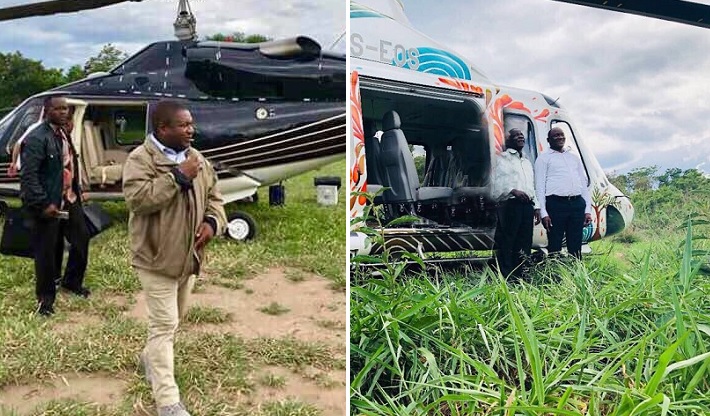
Photos supplied by the presidency
Mozambican President Filipe Nyusi visited Gorongosa district, in the central province of Sofala, on Wednesday for a further meeting with Afonso Dhlakama, leader of the rebel movement Renamo.
A statement from Nyusi’s office said the meeting was intended as part of “the efforts seeking to consolidate understandings and achieve effective peace”.
But the planned face to face meeting between the two men did not happen because of what the statement called “organisational motives”, without giving any details. Nyusi stayed in the Chitengo camp in Gorongosa National Park, and sent the General Commander of the Police, Bernadino Rafael, to meet with Dhlakama somewhere in the Gorongosa bush.
The encounter between Rafael and Dhlakama set up a telephone link between Dhlakama and the President. The statement said Nyusi “held a dialogue with the Renamo leader by teleconference which took place cordially”.
The two men “discussed the progress made in the peace process and noted, with satisfaction, advances leading towards mutual consensus and finalisation of the documents to be agreed”.
Those documents are proposals on decentralisation and on the “disarmament, demobilisation and reintegration” of the Renamo militia. Nyusi and Dhlakama said these proposals should be presented for debate at the Mozambican parliament, the Assembly of the Republic.
The two men, the statement added, reaffirmed their “unequivocal commitment to peace” which would inaugurate “a radiant future for all Mozambicans”.
During Nyusi’s previous visit to Gorongosa, on 6 August, he did meet Dhlakama face to face.
Renamo is still in a state of insurrection, in that the current peace is only a truce, declared by Dhlakama in late December 2016, and repeatedly extended. The truce has held, and throughout 2017 there have been no clashes between Renamo gunmen and government forced, and no Renamo ambushes on the country’s roads.
Two working groups established between the government and Renamo – one on decentralisation, and the other on military matters – have been discussing the text of definitive agreements. There is no longer any great controversy over decentralisation, since Renamo’s main demand, for the election of provincial governors, has been accepted. This will, however, require a constitutional amendment, since the constitution establishes that governors are appointed by the President.
Much more difficult are the military issues, since Dhlakama has demanded senior positions for Renamo officers in the armed forces (FADM) and the police, as the price for disarming and demobilising the Renamo militia.
The meetings of the working groups have been taking place secretively, far from the eyes of reporters, and so the content of the proposals is not yet known.
It seems impossible for the Assembly to approve the proposals this year. The current sitting of the Assembly has at most another week to run before the deputies return to their home provinces for the Xmas and New Year holidays.


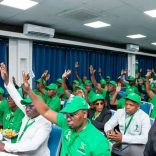
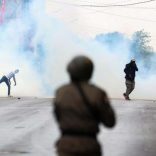


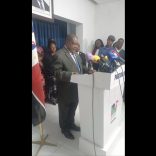
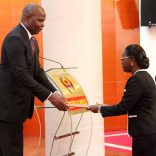





Leave a Reply
Be the First to Comment!
You must be logged in to post a comment.
You must be logged in to post a comment.